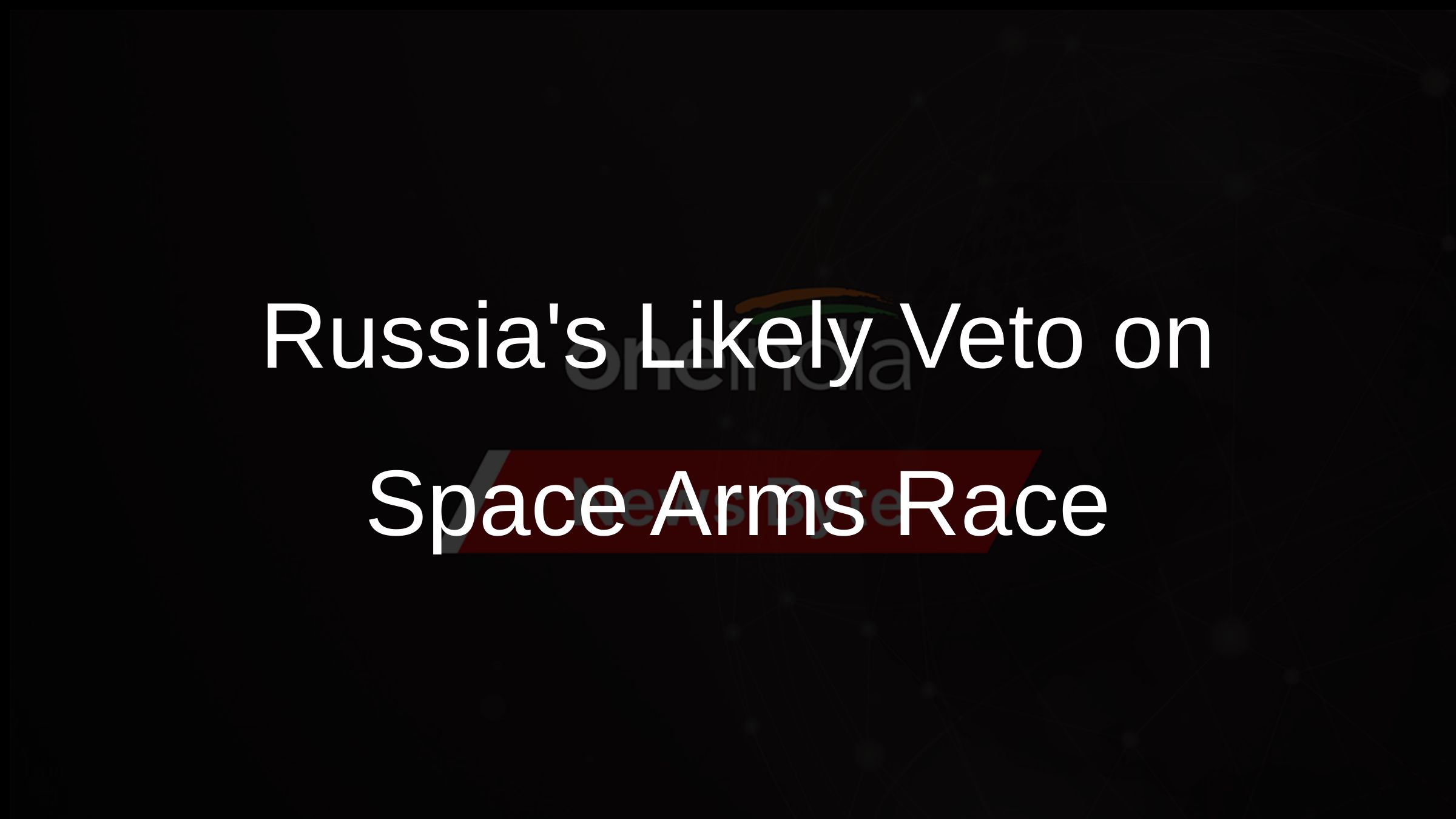
Iran Nuclear agreement: all you need to know about it
Iran and global powers have sealed a deal on plans to curb Tehran's chances for getting a nuclear bomb, laying the ground for a new relationship between the Islamic republic and the West.
Iran and the P5+1 - the US, UK, France, China and Russia plus Germany - agreed an interim accord in November 2013 that saw the Iran curb sensitive nuclear activities in return for relief from sanctions that have crippled its economy.
Beginning of Iran's nuclear programme
Iran began its nuclear programme in 1950
It was led by Shah Mohammed Reza Pahlavi, the king of Iran, who reaches a deal through the Eisenhower administration's Atoms for Peace program.
Under the agreement, the US agrees to provide a nuclear research reactor in Tehran and power plants.

Nuclear proliferation treaty
Iran signs nuclear proliferation treaty in 1968.
Uranium enrichment was allowed under the treaty.
By the late 1970s, the United States becomes worried that Iran may harbor nuclear weapon ambitions.
Nuclear programme restarts
Iran changed its thinking about nuclear programme after Iran and Iraq war fought from 1980-1988.
Iran-Russia nuclear contract
$800 million contract signed between Iran and Russia
The contract was signed to complete construction on one of two light water reactors at the Bushehr nuclear plant within four years. After many delays, the project was completed in 2010.
US continued to persuade countries like Argentina, India, Spain, Germany and France to prohibit the sale of nuclear technology to Iran's civilian program.
Sanctions against Iran, Libya
Fearing secret nuclear weapon construction by Iran, then US president Bill Clinton signed a bill imposing sanctions on foreign companies with investments in Iran and Libya.
Iranian president Mohammad Khatami proposed nuclear-Free Mideast during his visit to Saudi Arabia in May 1999.
Iran
agrees
to
IAEA
inspection
In 2002 Iran agrees to inspections by the International Atomic Energy Agency (IAEA)
Iran suspends nuclear programme
It was 2003 when Iran suspended its nuclear programme in possible response to American invasion of Iraq
How did crisis start?
Iran's nuclear programme crisis started when an opposition group revealed secret activity including construction of an uranium enrichment plant and a heavy-water.
Iran subsequently agreed to inspections by the global nuclear watchdog IAEA. But the IAEA was unable to confirm Iran had not sought to develop nuclear weapons.
This led the US and its European allies to press Iran to stop enriching uranium.
What
do
the
world
powers
want
The world power wants want rigorous inspections, limits on the number of centrifuges with which Iran can enrich uranium, and the removal of most of Tehran's stockpiles of existing fuel.
President Obama and Secretary of State John Kerry insist on limits that would prevent Iran, should it break an agreement, from producing enough fuel for a nuclear weapon within a year.

What Iran wants
Tehran says it should be able to produce nuclear energy for power and medical purposes.
Wants an end to sanctions that keep it from shipping oil or gaining access to global financial markets.
The supreme leader, Ayatollah Ali Khamenei, has said that Iran would want to build peaceful nuclear enrichment capability when a negotiated agreement expired.
What critics of the deal want
Critics like Isrrael wants complete dismantling of Iran's nuclear infrastructure.
Critics also object to any deal that would allow limits on Iran's nuclear program to expire.
In an open letter to Iran's leaders, 47 Republican senators warned Iran about making an agreement with President Obama.
What are the other options?
Persistent international sanctions, as well as unilateral ones levied by the United States, could continue to curtail Iran's nuclear program for a time.
The U.S. has also used sophisticated cyberattacks to slow Iran's enriching of uranium, though the effects were temporary.
Some argue for "anywhere, anytime" inspections as part of a deal, but inspections are imperfect, as the U.S. has learned from Iraq to North Korea.
OneIndia News (with inputs from various sources)


 Click it and Unblock the Notifications
Click it and Unblock the Notifications


































